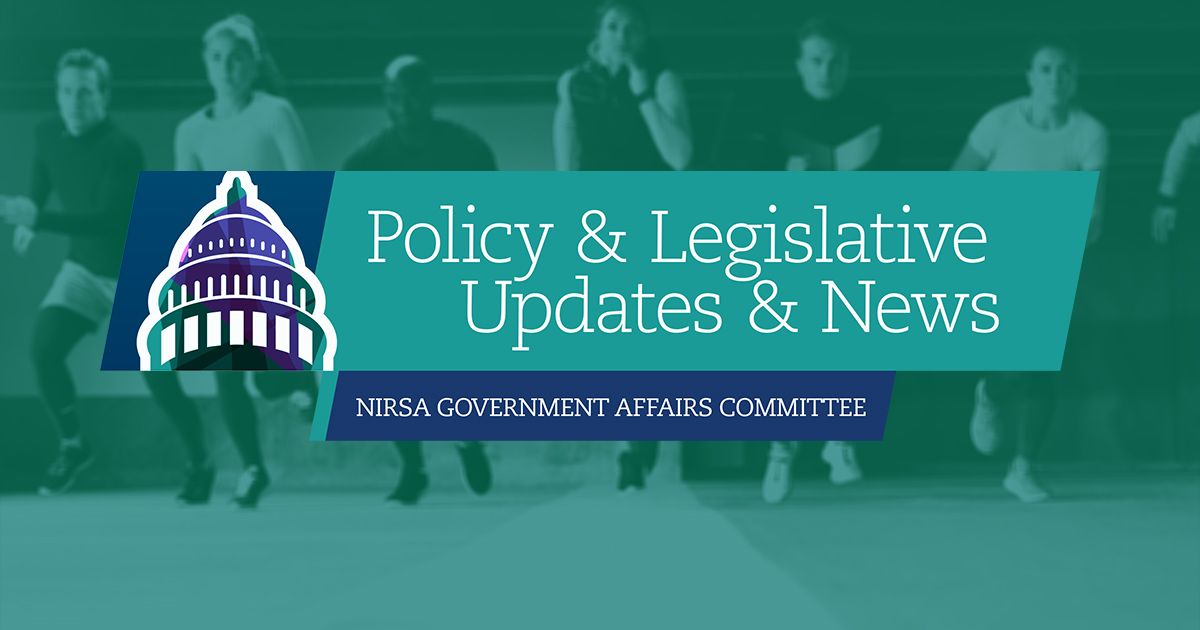On behalf of NIRSA’s Equity, Diversity, and Inclusion Commission, I invite you to take some time this week to review the resources below. Whether you choose to integrate them into an upcoming staff training or you are simply reading them to expand your understanding on the vital topics of equity, diversity, or inclusion, these resources can help shape your perspective on social justice.
Produced by BuzzfeedYellow | youtube.com/user/BuzzFeedYellow
Depending on the environment at each of our respective universities, our students’ perception of privilege could vary widely from one institution to the next. Teaching what privilege is and why it is important to discuss can be more difficult in some environments than others. However, if we as university administrators share a common goal of helping produce globally responsible citizens, then having some of these more difficult conversations with our staff may in some cases prove necessary.
This video from BuzzfeedYellow highlights an activity known as the privilege walk, which is intended to provide visual representation of how some people benefit or are marginalized by the current systems in our society. It is based on an activity that has been adapted by many groups; Lake Land College’s Diversity Education Task Force is one such group and hosts its step-by-step activity guide online.
This powerful visual representation of privilege and its effects is noted as a high-risk activity due to the potential emotions involved; an atmosphere of trust should be well established within any group that chooses to use this activity. However, watching the video and then debriefing others’ participation in the exercise could serve as a powerful launching point to discuss and recognize the power of privilege.
By Katherine Mangan | Chronicle of Higher Education
One of the social justice resources featured in our last issue of the Association’s newsletter, the NIRSA Know, highlighted “The Gender Unicorn,” a resource that broke down continuums on which individuals identify within gender identity and gender expression. In an attempt to provide the NIRSA membership with additional resources, we invite you to read this article as a means of understanding what legislation currently exists, or is attempting to be passed, which could impact the transgender community, including those members within our universities.
Last year, North Carolina passed The Public Facilities Privacy & Security Act (also called “HB2”), which bans people from using bathrooms that don’t match the sex indicated on their birth certificate. It also prohibits local government from establishing anti-discrimination ordinances. Despite the ensuing protests and legislation action North Carolina has faced in response to HB2, several additional states have similar bills on their legislative agenda, including Kentucky, Missouri, Minnesota, and Virginia.
The state of Texas has received significant coverage this past week due to its Lieutenant Governor’s support of Senate Bill 6. A recent article by Katherine Mangan published in the online edition of the Chronicle of Higher Education offers an informative overviews of the current situation in Texas. As the outcome of this bill, as well as the debates surrounding it and others like it, stands to affect our students, our facilities, our tournaments, and our Association, it benefits all NIRSA members to stay informed of recent developments related to the topic.
By David A. Graham | The Atlantic
One of the social justice resources featured in our last issue of the Association’s newsletter, the NIRSA Know, highlighted “The Gender Unicorn,” a resource that broke down continuums on which individuals identify within gender identity and gender expression. In an attempt to provide the NIRSA membership with additional resources, we invite you to read this article as a means of understanding what legislation currently exists, or is attempting to be passed, which could impact the transgender community, including those members within our universities.
Last year, North Carolina passed The Public Facilities Privacy & Security Act (also called “HB2”), which bans people from using bathrooms that don’t match the sex indicated on their birth certificate. It also prohibits local government from establishing anti-discrimination ordinances. Despite the ensuing protests and legislation action North Carolina has faced in response to HB2, several additional states have similar bills on their legislative agenda, including Kentucky, Missouri, Minnesota, and Virginia.
A recent article by David A. Graham published in the online issue of the Atlantic offers an informative overview of the current situation. As the outcome of these bills, as well as the debates surrounding them, stand to affect our students, our facilities, our tournaments, and our association, it would benefit all NIRSA members to stay informed of recent developments related to the topic.
Add your voice to the conversation
We encourage you to connect with colleagues from across North America on this important topic. Join NIRSA’s Equity, Diversity, and Inclusion Community of Practice today to find more resources or to participate in the online discussion.
Kim Rottet is currently the Associate Director, Programs at CENTERS, LLC @ Cleveland State University







